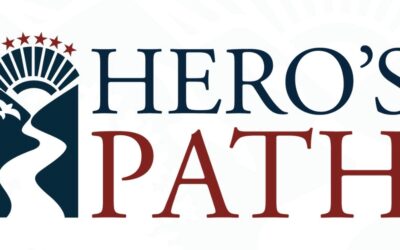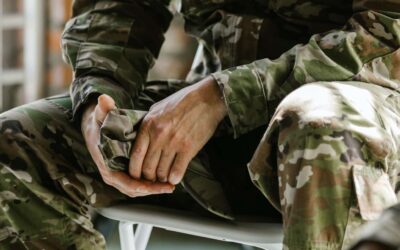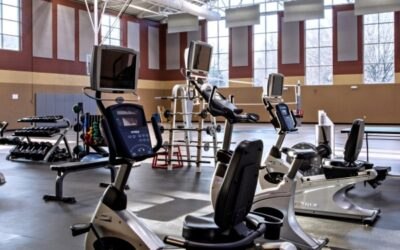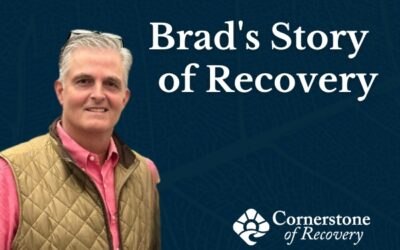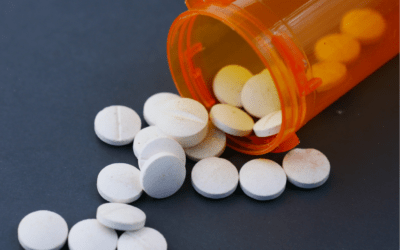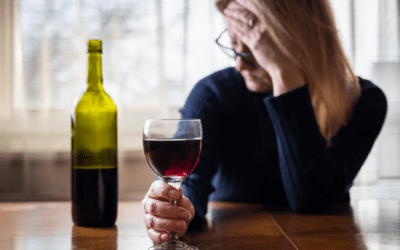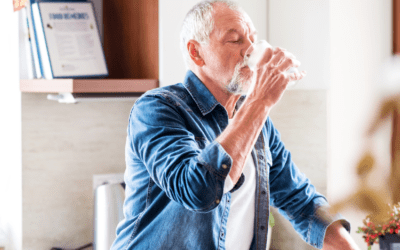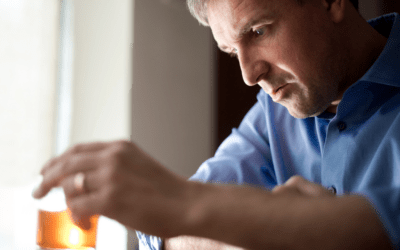Addiction & Recovery Articles
from Cornerstone of Recovery
At Cornerstone of Recovery, we believe that there is more to treatment than helping people recover from drug and alcohol addiction. The goal of our addiction recovery articles is to bring awareness to families and our communities, help people recognize the signs of addiction early, understand the treatment options, and, most importantly, be inspired by stories that show that life in recovery is possible.

|
Understanding Schema Therapy in AddictionAddiction is a complex and challenging issue that affects millions of people worldwide. It can take many forms, such as substance abuse or addictive behaviors, and often has deep-rooted psychological causes. |
A Sober New Year’s Resolution: Keeping or Breaking it Can Be Beneficial
You don't have to be an alcoholic to make a sober New Year's resolution, but if you're struggling to get a...
The Journey to Renewal: Embracing Recovery During the Holidays
At the heart of this season’s spirit lies the journey of recovery – a path not just away from substance use but towards a renewed life filled with hope, health, and happiness.
Navigating Early Recovery During the Holidays: Finding Hope and Support
Many worry about family dinners, and purchasing presents as the holidays quickly approach. For people in early...
Cornerstone of Recovery Introduces “Hero’s Path” Addiction Treatment Program for Veterans and Active-Duty Military
Cornerstone of Recovery is proud to announce the launch of Hero’s Path, a custom-tailored program for veterans and military service members grappling with addiction.
The Truth About Addiction in the Military Population
Veterans and active-duty military face situations that differ from what civilians normally see. Substances often provide an easy escape from difficult memories, emotions, and thoughts. Find out why military personnel, past and present, are so prone to addiction and how it can destroy lives.
The Role of Fitness in the Recovery Process
The Fitness Program at Cornerstone of Recovery is an integral part of the addiction treatment therapeutic process. Patients participate for an hour almost every day of the week.
Understanding the Links: PTSD and Substance Use Disorder
Understanding PTSD Once known as "shell shock," PTSD is a mental health condition that can affect anyone who has...
Recovery Stories: Brad
The hardest phone call Brad Sayles ever had to make was the one that changed his life. The East Tennessee native...
Can Alcohol Problems be Treated with Medications?
Alcohol Use Disorder (AUD) is a big issue affecting millions. According to the National Institute on Alcohol Abuse and...
Alcohol Abuse Among Women is Increasing
When you think about someone dealing with alcohol problems, you might imagine a man facing these issues, as this is...
Alcoholism and Treatment in Retirement
Retirement is a time many people look forward to, but it can also bring unexpected challenges, like alcohol abuse....
How to Identify the Stages of Alcoholism
Before the First Stage – Pre-Alcoholism Alcoholism does not appear without warning. Many signs exist before someone...





